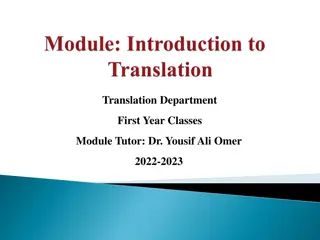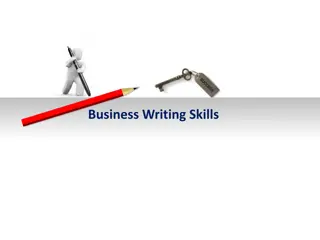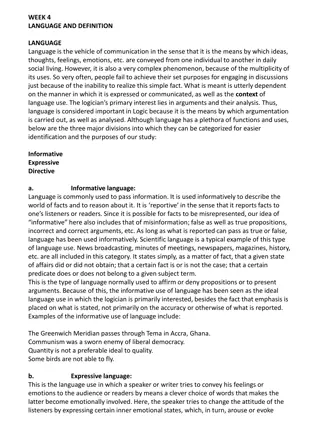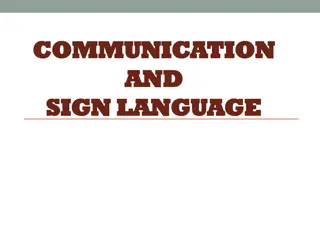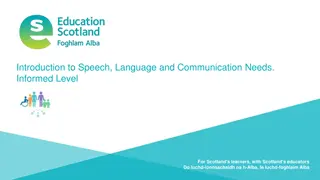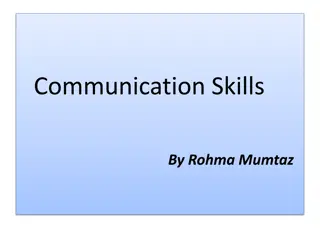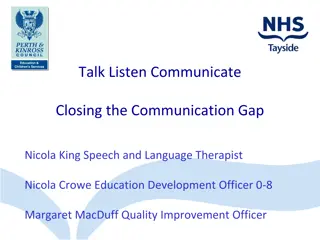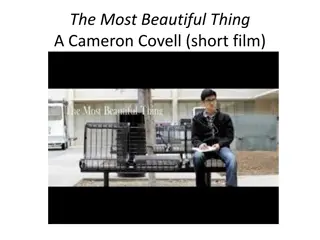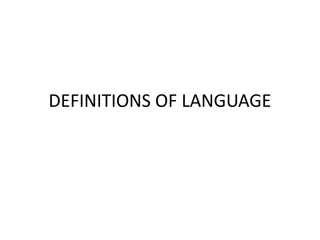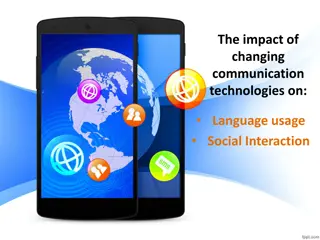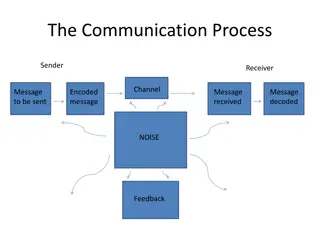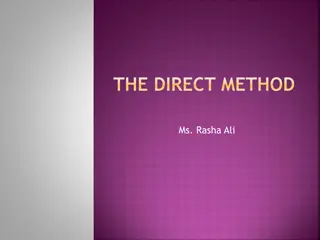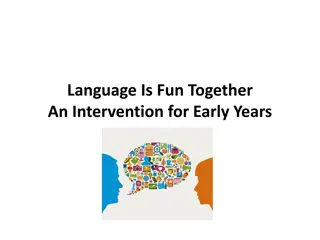Basic Language and Communication Skills
This lesson covers greetings, introductions, farewells, personal information, hobbies, and weekend activities. Learn how to engage in conversations, discuss hobbies, and describe daily routines. Practice vocabulary related to personal interactions, hobbies, and leisure activities.
Download Presentation

Please find below an Image/Link to download the presentation.
The content on the website is provided AS IS for your information and personal use only. It may not be sold, licensed, or shared on other websites without obtaining consent from the author.If you encounter any issues during the download, it is possible that the publisher has removed the file from their server.
You are allowed to download the files provided on this website for personal or commercial use, subject to the condition that they are used lawfully. All files are the property of their respective owners.
The content on the website is provided AS IS for your information and personal use only. It may not be sold, licensed, or shared on other websites without obtaining consent from the author.
E N D
Presentation Transcript
Module 1: Unit 2 Lesson 1
Greetings Introductions Farewells Hello (Mr/Mrs ) Good morning / afternoon / evening How are you? Fine, thanks. How do you do? I m very well thank you Pleased to meet you Pleased to meet you too It s a pleasure to meet you My name is (Anna) It was a pleasure meeting you Good bye Formal Hi How are you doing? Fine / I m good / not bad Nice to meet you Nice to meet you too I m (Anna) Nice meeting you Nice meeting you too Bye Neutral Hey How s it going? Good Informal Anna See you later
Im from Russia I live in Frankfurt I m a data analyst I work at City Bank I have two brothers and a sister I like to exercise Where are you from? Where do you live? What do you do? Where do you work? Do you have any brothers or sisters? What do you do in your free time? What does your husband do? He s a doctor
Play is used with ball sports or when we play to win a competition. game or Do is used for an activity or non-team sport that does not use a ball. Go is used with activities that end with -ing .
Hobbies Bird watching, cooking, dancing, drawing, gardening, hiking, chess, surfing the Internet, woodworking, jewellery making, photography, playing drums. Work with a partner. Talk about the questions below: Which of the hobbies do you think is the most interesting? Which do you think is the most expensive? Why do you think that? Which do you think is the most popular with men / women / children? Are there any on the list you would like to try? Why? Which of the hobbies are popular in your country?
At the weekends For breakfast My family The best day of the week is My favourite film is I don t like I listen to music when Yesterday Exercise is Learning English A good boss / teacher Useful language Where ? When .? Why ? Who ? What ? How ?
1) What is your full name? 2) How do you write it in your native language? 3) Why did your parents choose your first name? 4) What does your name mean in English? 5) Do you like your name? Why? 6) Do you have a nickname? What is it? 7) Do you know anyone with a strange name? What is it? 8) Is it okay for parents to name their babies after famous people? 9) Do women or men in your country change their name when they get married?
1. a brand name a) identification to log on to a computer system 2. a household name b) UK English, also family name or last name 3. a maiden name c) US English, also first name or birth name 4. a surname d) a name that a company gives to a product 5. a user name e) a person or thing that is well-known 6. a given name f) a woman s family name before she is married
Name three things you learned in the lesson. Think of a new word you learned today. Can you use it in a sentence? Which language point do you need to study again? Thank you for your attention
Write about two things you like to do in your free time. Explain why you choose these activities. How often do you do them? Are there any special hobbies or sports people do in your culture but not in other countries? Write about 50 words.
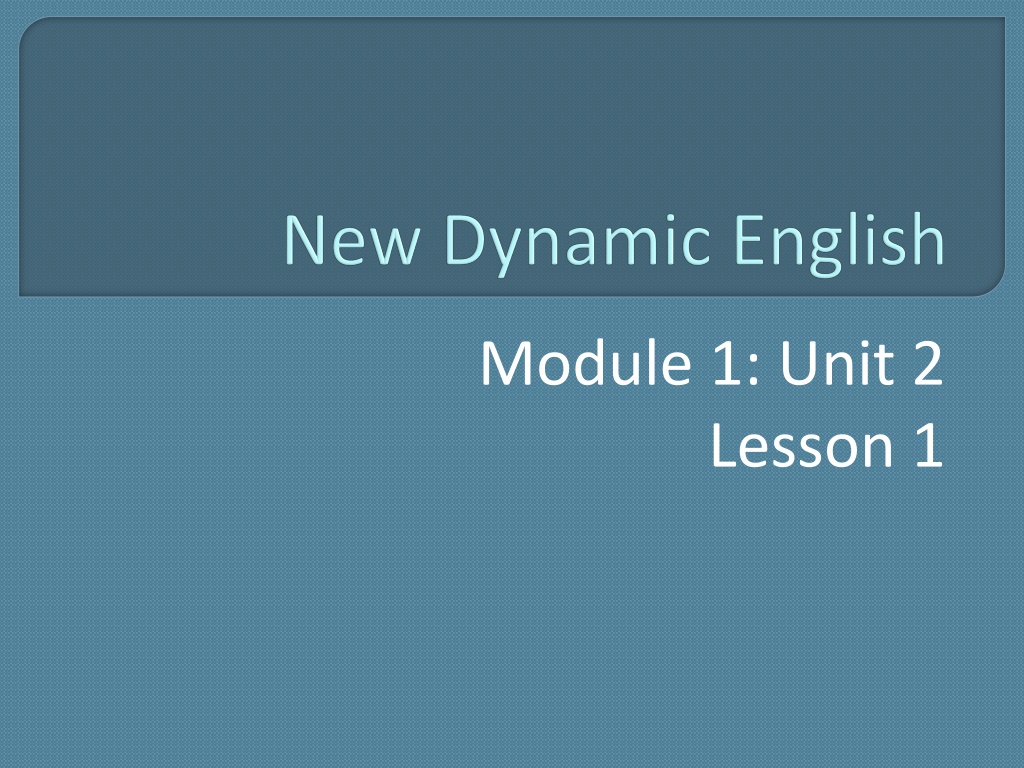
 undefined
undefined






